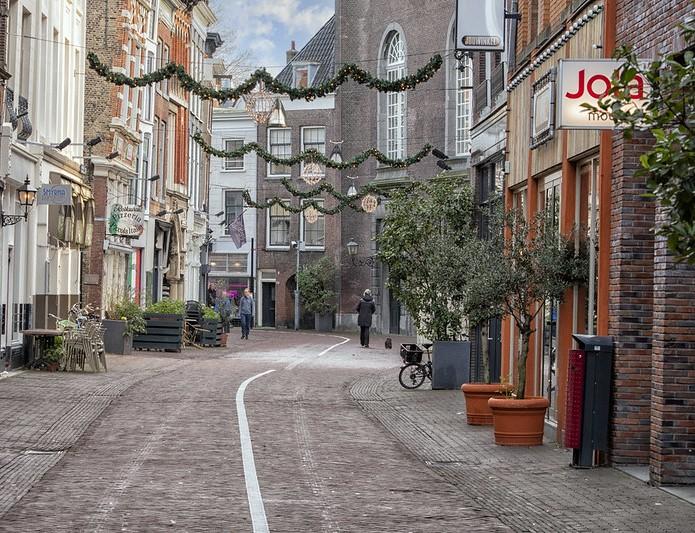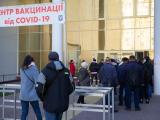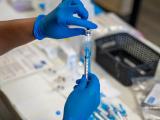The Netherlands yesterday entered a lockdown aimed at cutting spread over the holidays, as other European nations battling Omicron (B.1.1.529) surges considered taking tougher physical distancing measures.
Countries have tried to turbocharge booster dose vaccination, but it isn't enough to quell the quickly spreading variant. As health systems struggle, leaders are looking for other ways to curb the spread, such as physical distancing.
UK, Germany weigh more distancing measures
On Dec 18, Dutch Prime Minister Mark Rutte announced a lockdown over the Christmas and New Year's holidays in an effort to slow COVID-19 spread. The lockdown took effect yesterday and ends on Jan 14, according to Reuters. Nonessential businesses are closed, with schools shuttered until Jan 9.
In a television address, Rutte said the step was unavoidable, with a fifth wave—this time fueled by the Omicron variant—bearing down on the country and already impacting regular health services. The Netherlands is among the European countries that was already battling a Delta (B1617.2) wave when the more transmissible Omicron variant arrived on the scene.
One of the country's infectious disease experts projects that Omicron will become the Netherlands' dominant variant between Christmas and New Year's Eve.
In the United Kingdom, one of Europe's main Omicron hot spots, Prime Minister Boris Johnson met with his cabinet today and said the situation is "extremely difficult" and that officials haven't ruled out taking strong actions.
The UK's Health Security Agency (HSA) today reported nearly 92,000 new cases, of which about 8,000 were confirmed as Omicron cases. So far, 129 Omicron hospitalizations have been reported, and 14 deaths have been linked to the variant.
Germany's science advisors yesterday warned government officials that boosters alone won't be able to contain Omicron spread and reducing social mixing will be needed, according to Reuters. Leaders are meeting tomorrow to consider beefed-up restrictions, which could include limiting public venues to vaccinated or recovered people, capping gathering size, and speeding up the booster shot campaign.
More global headlines
- In Asia, researchers from China writing in the preprint study posted on medRxiv suggest booster doses from China's Sinovac had lower neutralization activity against Omicron than against the original SARS-CoV-2 strain. Elsewhere, Thailand recently reported its first local Omicron transmission case, and Japan is battling a COVID-19 cluster linked to a US military base in Okinawa that has so far sickened 180 people.
- Israeli Prime Minister Naftali Bennett said yesterday that the country is now in its fifth wave and that though the country's Omicron numbers are still relatively low, they are doubling every 2 to 3 days. Today the country added the United States to its "no fly" list owing to concerns about Omicron.
- The World Economic Forum announced today that it will postpone its January meeting slated for Davos and will reschedule it for early summer.
- The global total today rose to 275,170,911 cases, and 5,358,810 people have died from their infections, according to the Johns Hopkins online dashboard.






















